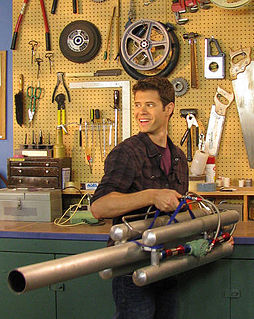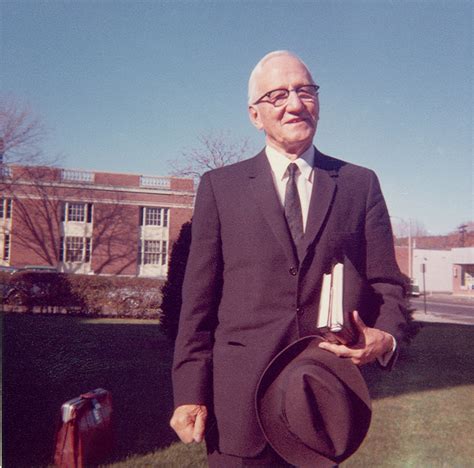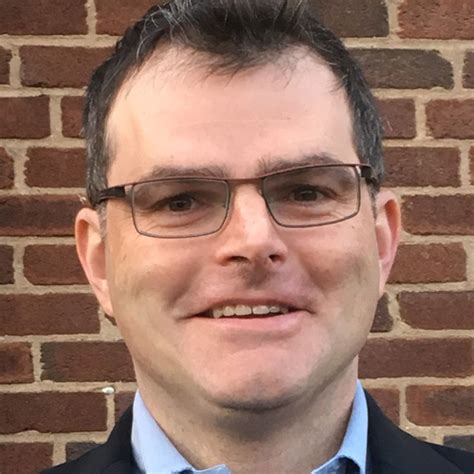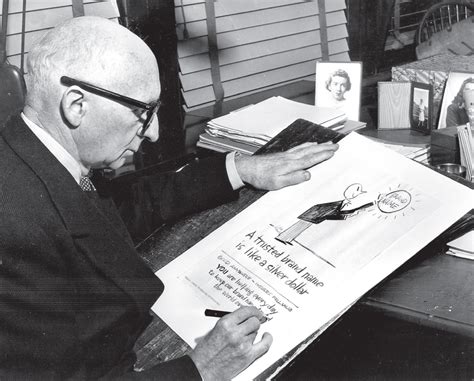A Quote by Barbara Tuchman
Whatever solace the Christian faith could give was balanced by the anxiety it generated.
Related Quotes
Christian faith does not involve repressing one's anxiety in order to appear strong. On the contrary, it means recognizing one's weakness, accepting the inward truth about oneself, confessing one's anxiety, and still to believe, that is to say that the Christian puts his trust not in his own strength, but in the grace of God.
Christian faith is exclusivistic. Christian faith lays claim upon our lives. The sanctity of life, what we do with a life, is very definitive in the Christian faith, what we do with sexuality, what we do with marriage, all of the fundamental questions of life have points of reference for answers, and people just have an aversion for that. That I think is the biggest reason they feel hostile towards the Christian faith.
I could give examples of cabinet ministers, including defence ministers, who have no technological culture at all. In other words, what I am suggesting is that the hype generated by the publicity around the Internet and so on is not counter balanced by a political intelligence that is based on a technological culture.
Let no Christian therefore, whether philosopher or theologian, embrace eagerly and lightly whatever novelty happens to be thought up from day to day, but rather let him weigh it with painstaking care and a balanced judgment, lest he lose or corrupt the truth he already has, with grave danger and damage to his faith.
A living faith is always on trial; we call it faith for that reason. When I read in some alarmist book that the Christian faith is now on trial, or "at the crossroads," my impulse is to answer, Why Not? Does anybody know a time when the Christian faith was not on trial, or when the Christian life was a simple walkover, with neither principalities nor powers to dispute its advance?
I see that I am inwardly fashioned for faith and not for fear. Fear is not my native land; faith is. I am so made that worry and anxiety are sand in the machinery of life; faith is oil. I live better by faith and confidence than by fear and doubt and anxiety. In anxiety and worry my being is gasping for breath - these are not my native air. But in faith and confidence I breath freely - these are my native air.
If the Christian church is to move responsibly towards the future, it must restore or renew its ties with its past. Contemporary Catholic and Protestant radicals want to claim that Christianity means whatever Christian today happen to believe and practice, be it pantheism, unitarianism, or sodomy. The Christian faith has suffered immeasurable harm because of the tendency of people to use the word Christian in a careless and non-historical way. Nothing in this argument would preclude liberal Protestants and Catholics from developing and practicing any religion they like.
I was born into a Christian household, in a parsonage in fact, so I grew up in sort of a missionary atmosphere but it was an environment which involved both the traditional religions as well as the Muslim religion, so we were exposed to all the various facets of faith, micro cultures which existed within those beliefs, and even though I've lost whatever Christian faith was drummed into me as a child, I still maintain very good relationship with all the various religions.








































